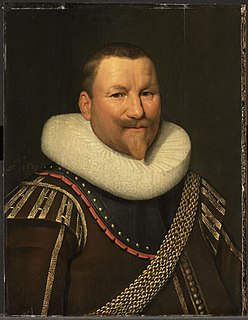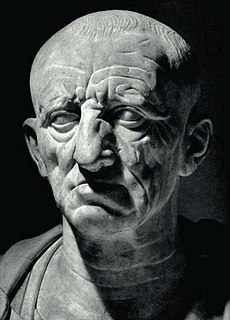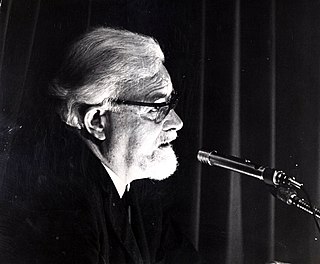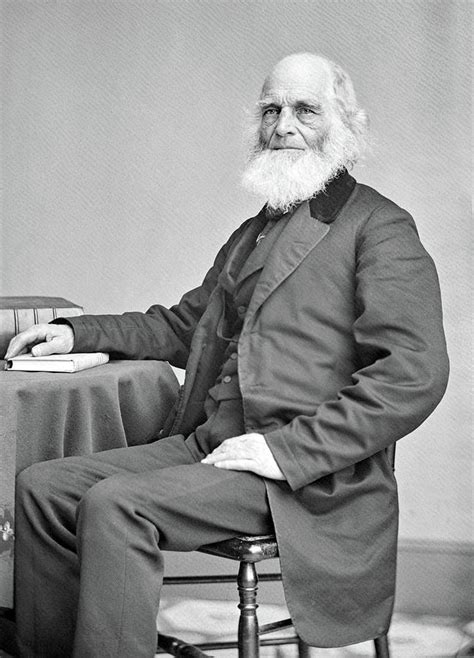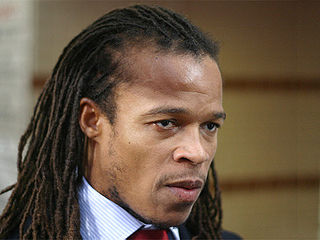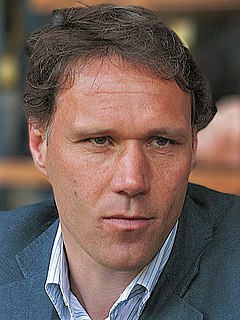A Quote by Piet Pieterszoon Hein
True wisdom knows it must comprise some nonsense as a compromise, lest fools should fail to find it wise.
Related Quotes
Wisdom cannot be imparted. Wisdom that a wise man attempts to impart always sounds like foolishness to someone else ... Knowledge can be communicated, but not wisdom. One can find it, live it, do wonders through it, but one cannot communicate and teach it.”
- Hermann Hesse, Siddhartha "We don't receive wisdom; we must discover it for ourselves after a journey that no one can take for us or spare us from.
But if thought is to become the possession of many, not the privilege of the few, we must have done with fear. It is fear that holds men back - fear lest their cherished beliefs should prove delusions, fear lest the institutions by which they live should prove harmful, fear lest they themselves should prove less worthy of respect than they have supposed themselves to be.
We find that at present the human race is divided politically into one wise man, nine knaves, and ninety fools out of every hundred. That is, by an optimistic observer. The nine knaves assemble themselves under the banner of the most knavish among them, and become politicians; the wise man stands out, because he knows himself to be hopelessly out-numbered, and devotes himself to poetry, mathematics or philosophy; while the ninety fools plod off behind the banners of the nine villains, according to fancy, into the labyrinths of chicanery, malice and warfare.
A philosopher is a lover of wisdom, not of knowledge, which for all its great uses ultimately suffers from the crippling effect of ephemerality. All knowledge is transient, linked to the world around it and subject to change as the world changes, whereas wisdom, true wisdom is eternal, immutable. To be philosophical one must love wisdom for its own sake, accept its permanent validity and yet its perpetual irrelevance. It is the fate of the wise to understand the process of history and yet never to shape it.
God assumed from the beginning that the wise of the world would view Christians as fools...and He has not been disappointed....If I have brought any message today, it is this: Have the courage to have your wisdom regarded as stupidity. Be fools for Christ. And have the courage to suffer the contempt of the sophisticated world.
Much has seen said of the wisdom of old age. Old age is wise, I grant, for itself, but not wise for the community. It is wise in declining new enterprises, for it has not the power nor the time to execute them; wise in shrinking from difficulty, for it has not the strength to overcome it; wise in avoiding danger, for it lacks the faculty of ready and swift action, by which dangers are parried and converted into advantages. But this is not wisdom for mankind at large, by whom new enterprises must be undertaken, dangers met, and difficulties surmounted.
